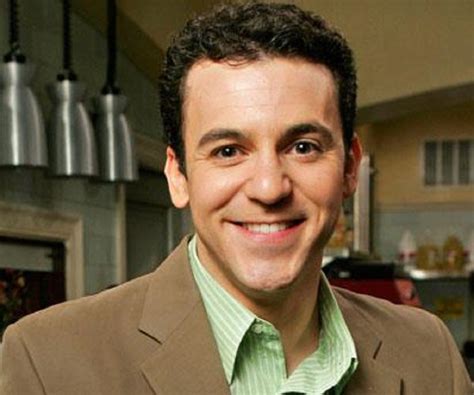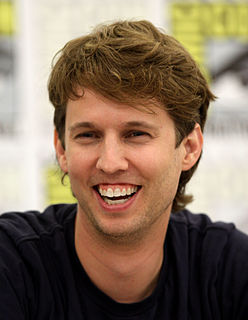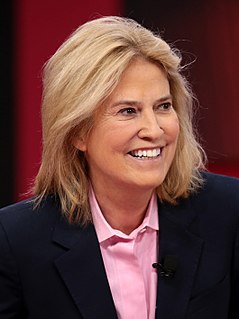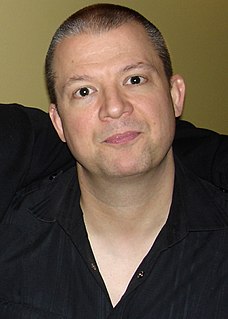A Quote by Heath Ledger
I apologize for my terrible interview skills.
Quote Topics
Related Quotes
Wherever I went, I became a son-in-law. It was a terrible phase for me. I had to work double hard to get back my identity. Whenever I gave an interview, the first question would invariably be, 'What is it like to be his son-in-law?' Now that question comes somewhere in the middle of the interview. Hopefully, soon, it won't be asked at all.
Everything you've heard about Canadians apologizing profusely for things they shouldn't be sorry about is absolutely true. It is both sweet, endearing and worrisome at the same time. Having someone apologize for no reason actually makes me feel as though I should apologize for their need to apologize.
I wish I'd known that apologizing is a sign of strength. I had the impression that if you apologize, it's a sign of weakness. I kind of picked up the message from my father, 'Real men don't apologize. You just do your best, and if you happen to hurt some people, that's their fault. You just go on. Don't apologize. That's a sign of weakness.'
My son was about five or six months old, and he was ill, and I was sent to New York to interview three people back to back. I got home, and I saw my baby. He had been very ill, and he was on three kinds of antibiotics. I'd been away for eight days. I looked at him and thought, 'What am I doing? I'm a terrible mother and a terrible journalist.'



































